THE DEFINITIVE GUIDE FOR THE TREATMENT OF TYPE 2 DIABETES MELLITUS
WHAT IS TYPE 2 DIABETES MELLITUS?
Type 2 diabetes also known as adult-onset diabetes, is a chronic condition in which either the pancreas doesn't produce the required amount of insulin to maintain normal sugar levels in the blood or there is insulin resistance. Insulin moves the glucose from the blood to the cells. In the case of insulin resistance, insulin is not able to act.
Although it is known as adult-onset diabetes nowadays even children are affected by it due to obesity and an unhealthy lifestyle.
WHAT ARE THE RISK FACTORS FOR TYPE 2 DIABETES MELLITUS?
- Weight:- being overweight would increase the risk of type 2 diabetes
- Inactivity:- inactivity would increase the risk of type 2 diabetes. If you do exercise and stay active then you would lose weight and more calories would be burnt. Cells would use more glucose thus more activity would increase the sensitivity of cells towards insulin
- Family history:- if you have relatives especially parents or siblings with type 2 diabetes, chances are strong you will get it too.
- Age:- after the age of 45 there is increased risk because people tend to become less active. Lack of activity would slow down the metabolism and would lead to weight gain.
- Polycystic ovarian syndrome:- is characterized by irregular menstrual periods, excess hair growth, and obesity. Along with all these symptoms insulin resistance is also seen.
- Gestational diabetes:- those who develop diabetes during pregnancy can develop diabetes in later stages also. The kids born heavy and with mothers having a history of diabetes during pregnancy also have an increased risk of developing diabetes.
- Areas of dark skin, usually in the armpits and neck:- indicates insulin resistance.
- Body fat distribution: also triggers diabetes as fat deposited in the abdomen area is not good.
- Prediabetic condition: should be taken care of and should not be neglected.
WHAT ARE THE COMPLICATIONS OF TYPE 2 DIABETES MELLITUS?
- Heart diseases: increased levels of glucose in the blood increase the risk of several heart diseases like stroke, blockage of arteries, high blood pressure, etc
- Damage to the nerves: high levels of glucose in the blood damage the nerves especially at the ends as the blood vessels supplying nourishment to them are also damaged. This neuropathy is especially seen in the legs causing certain symptoms like burning and numbness in the tips of toes. Tingling is also felt by the patient with loss of sensation spreading upwards eventually causing loss of all the senses.
- Blood vessels: are also damaged throughout the body.
- Erectile dysfunction: is also seen in men
- Kidneys: are also damaged slowly as the small capillaries which filter the blood are injured by high levels of glucose
- Foot complications: are also seen as the nerves and vessels both are damaged in the feet. Due to loss of sensation also injury can stay unnoticed and would become hard to heal. Further infections also would also take more time to heal up
- Skin: is also damaged as chances of infection increase and healing is also compromised on first hand.
- Pregnancy: During pregnancy high levels of glucose in the blood are not good for the mother and the fetus too. Chances of birth defects are increased. Maternal health is also compromised badly.
WHAT ARE THE SYMPTOMS OF TYPE 2 DIABETES MELLITUS?
- Frequent urination
- Increased thirst
- Fatigue, tiredness
- Sudden weight loss
- Itching around the genitals
- Slow healing cuts or wounds
- Blurred vision
- Excessive hunger
WHAT ARE THE CAUSES OF TYPE 2 DIABETES MELLITUS?
The exact cause of type 2 diabetes is not known.
The pancreas makes a hormone called insulin. Insulin is produced by the beta cells, but the cells cannot respond to it or utilize it properly this condition is known as insulin resistance. Sometimes, in response to insulin resistance, excessive insulin is produced by the beta cells. This exhausts them and lowers the production of this hormone significantly. Thus either of the conditions can be seen - insulin resistance or low insulin production.
DIAGNOSIS OF TYPE 2 DIABETES MELLITUS
The diagnosis of type 2 diabetes can be done firstly by checking the levels of blood sugar. For this certain tests can be done:-
- Glycated hemoglobin (A1C) test:- this blood test shows your average blood sugar level from the past 3 months
- Random blood sugar test:- sugar levels are checked randomly at any time.
- Higher levels (more than 200mg/dl) with appropriate symptoms point towards type 2 diabetes.
- Fasting blood sugar test:- a blood sample is taken after an overnight fast. if fasting blood sugar is 126mg/dl or higher on two separate tests with appropriate symptoms point towards type 2 diabetes.
- Oral glucose tolerance test:- this test is used during pregnancy not often used as the others. A glucose level is 200mg/dl or higher after 2 hours suggests diabetes.
TREATMENT OF TYPE 2 DIABETES MELLITUS
Treatment for type 2 diabetes includes oral medications, injections, non-insulin therapies, insulin pump therapy, blood sugar monitoring, titration of insulin. but these treatments are not permanent and safe. Thus homeopathic treatment is the best treatment for type 2 diabetes. Although in high sugar level cases allopathic medicines should be started along with homeopathic medicines for early control but depend on the case.
MANAGEMENT OF TYPE 2 DIABETES MELLITUS
- Eat healthy food items only
- Keep the diet nutritious, low fat, rich in fibers, whole grain, salads, fruits.
- Keep carbohydrates and fats under check
- Maintaining a healthy weight.
- Managing blood pressure.
- Managing cholesterol levels.
- Stay active and do regular physical exercise.
- Keep yourself hydrated
- Stay motivated and do meditation
HOMEOPATHIC MANAGEMENT
There are medicines like phosphoric acid, calendula, conium, plumbum, uranium nitricum, syzygium jambolanum, cephalandra etc which can treat type 1 diabetes mellitus. But medicine depends on the presentation of the case and should never be taken without consulting a registered homeopath. Homeopathy has the permanent cure for type 1 diabetes mellitus but proper case management is very essential
DO's AND DON'Ts
Do's
- Eat a healthy diet.
- Do physical activity.
- Stay motivated
- Do meditation
- Drink ample fluids
- Maintain weight
- Make smart choices in what you eat
Don'ts
- Don’t eat sugary foods and beverages.
- Don’t smoke.
- Don't take alcohol
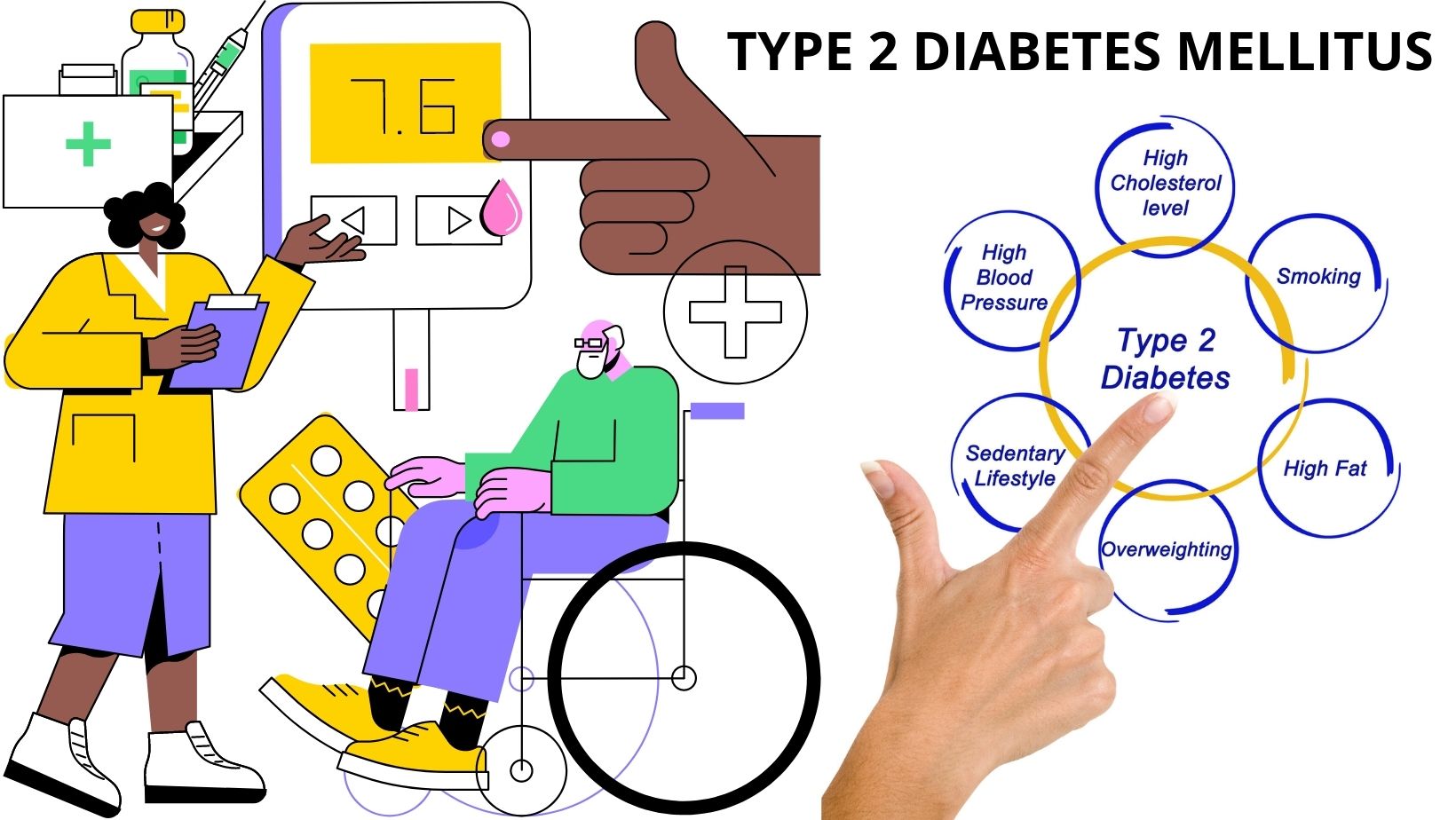

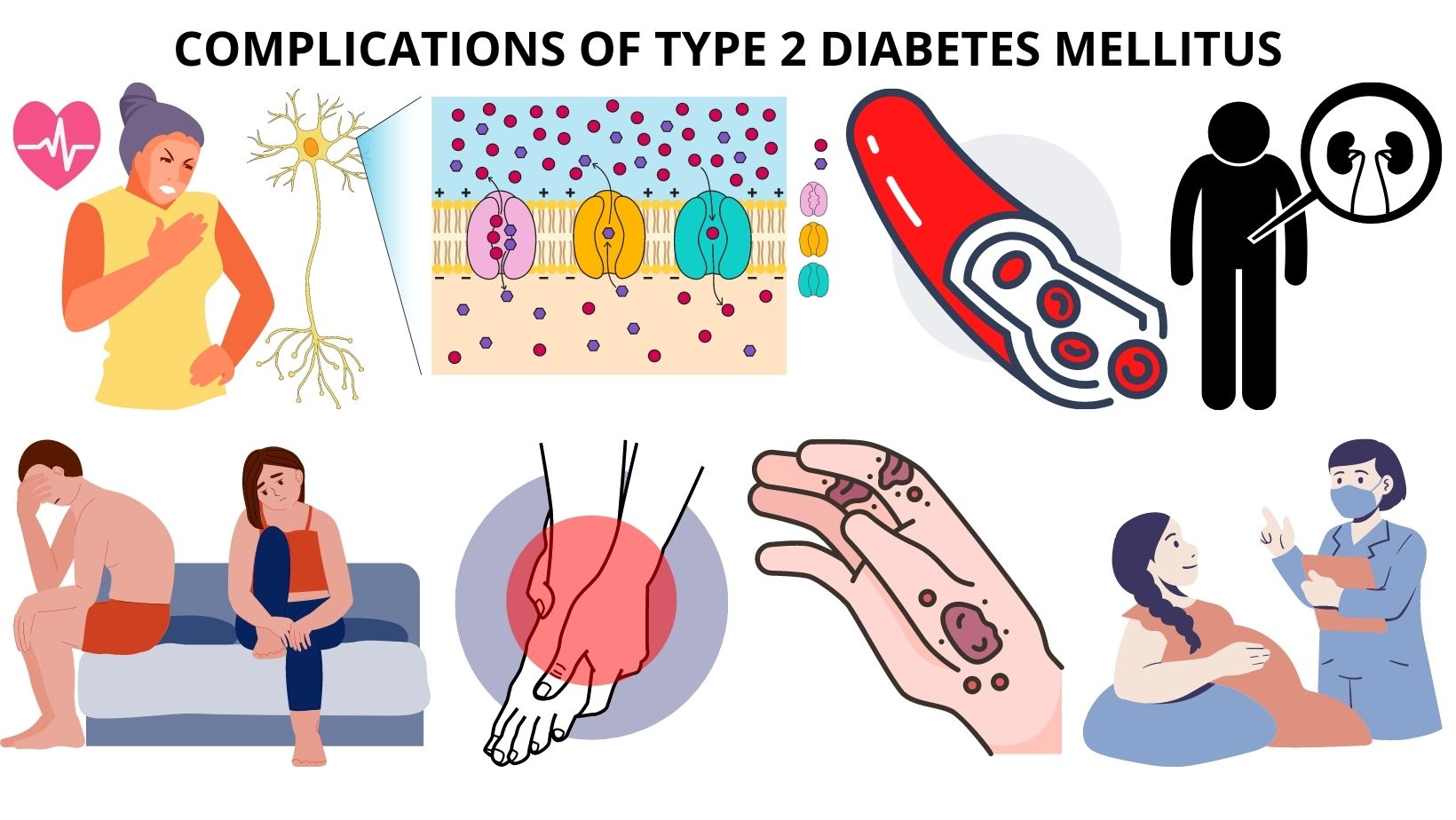
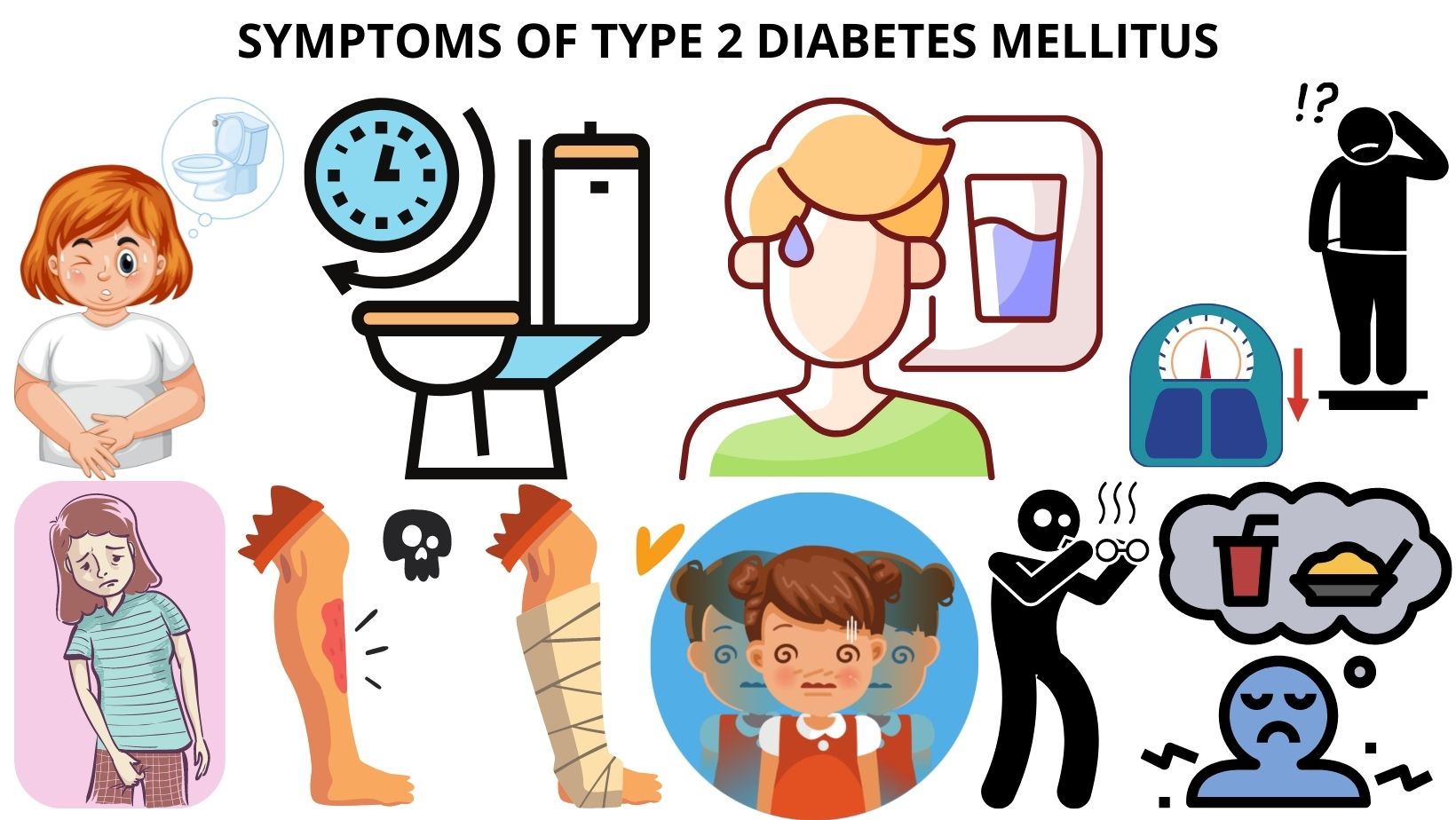
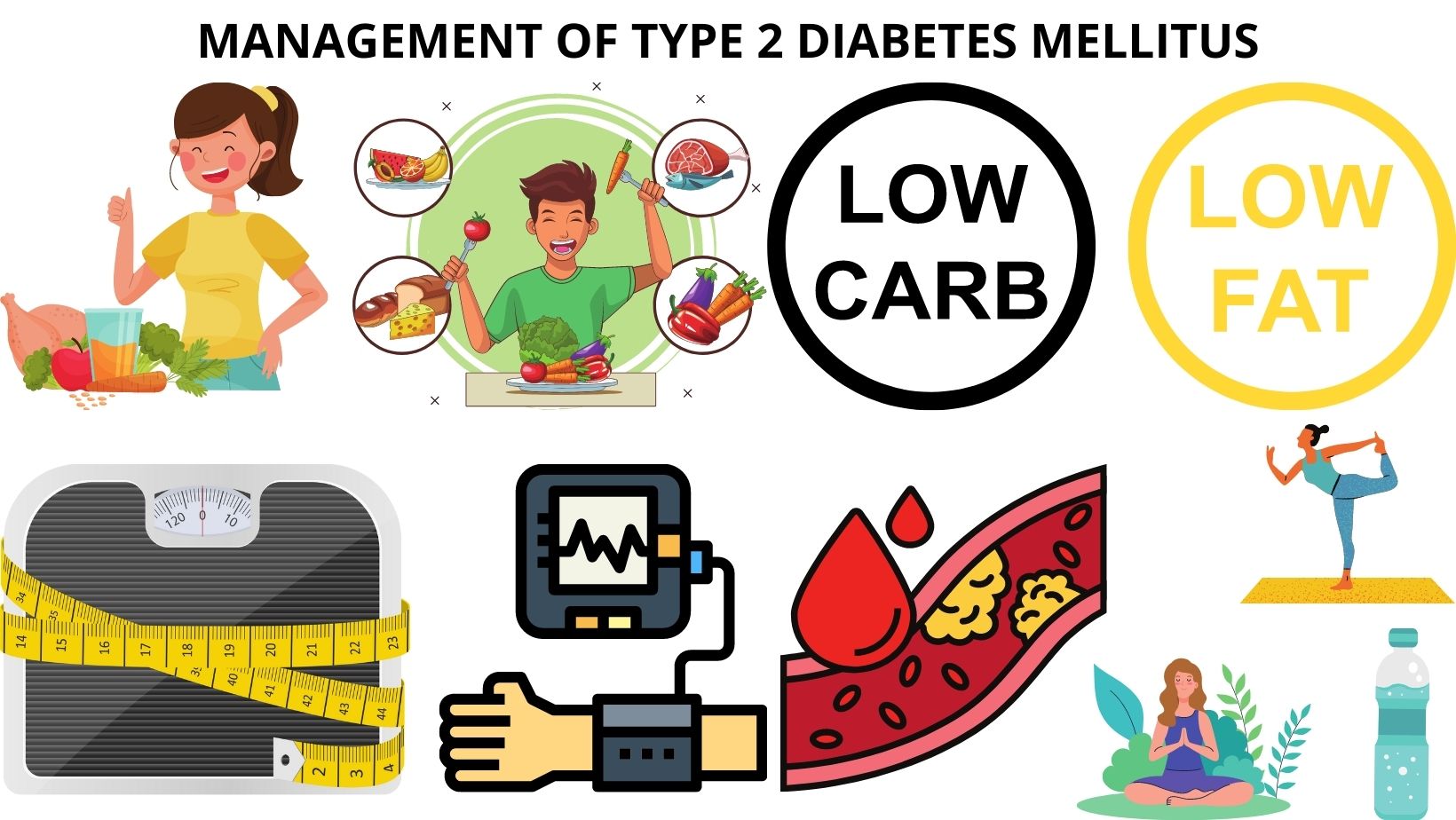
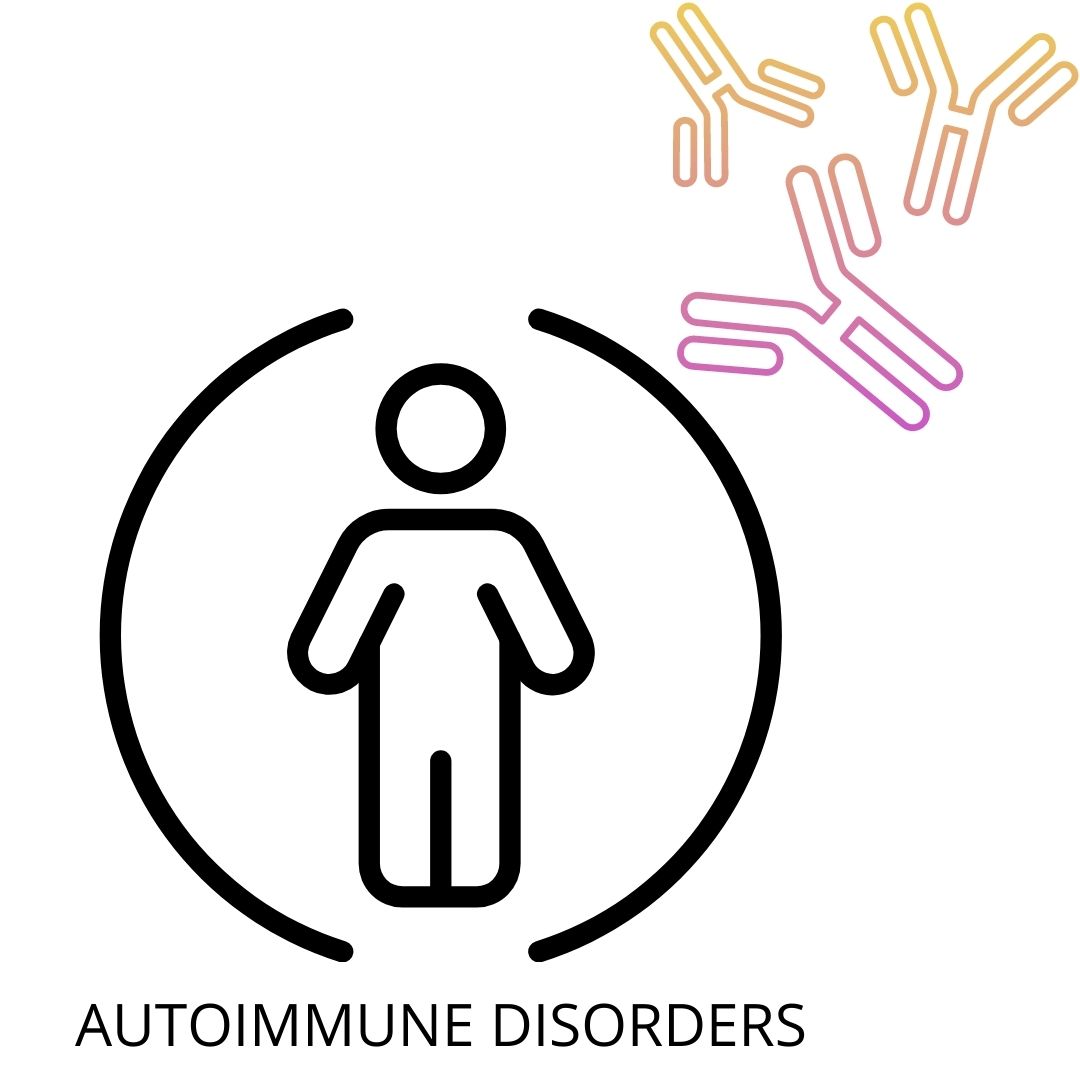
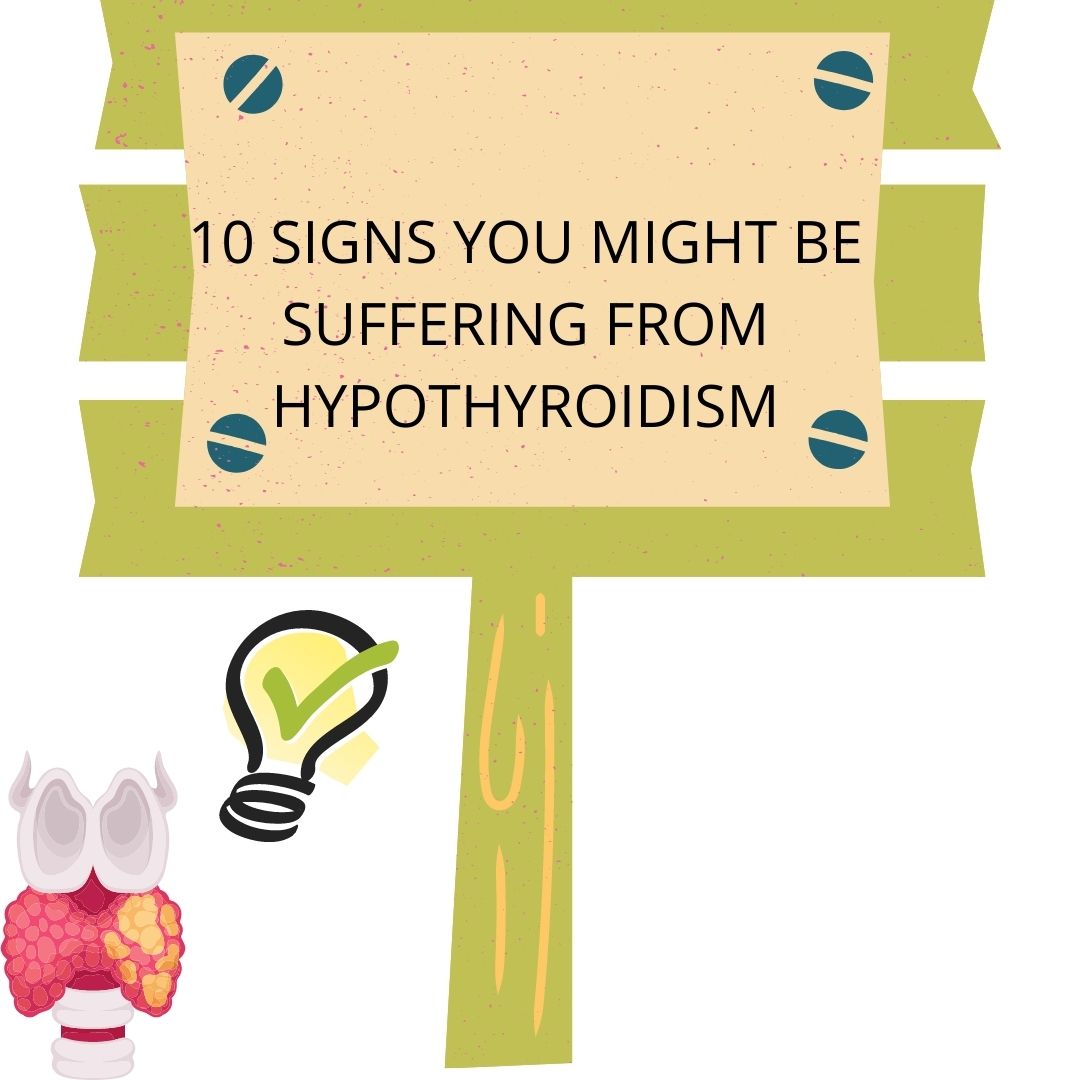
Comments
We have received your comment , Thank You !